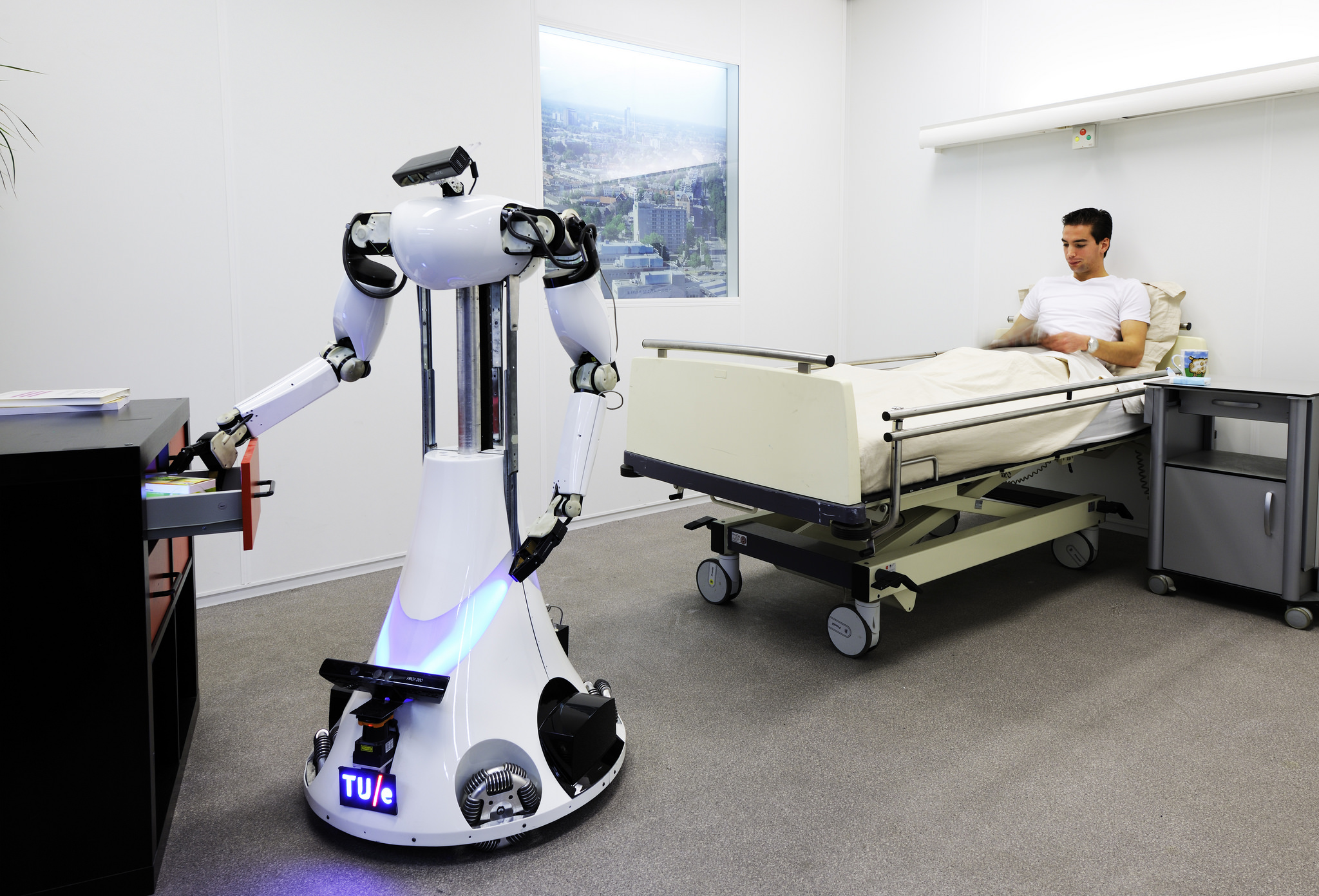What You Need to Know About the Massive Job Losses on the Horizon

By:
As robots, computers and artificial intelligence become more advanced and better, there will be an increased risk of losing your job to automation and computerization - with new research claiming that nearly half of U.S. jobs could disappear within two decades from now.
Who's at risk?
About 47 percent of U.S. jobs could go away within the next couple decades, according to a new study from the University of Oxford. Particularly, mid-level jobs in industries like accounting, legal representation and health care are at risk, in addition to jobs in transportation and the service industry. Soon new technology could be handling your taxes, your medical decisions or your legal troubles without much human interaction.
"I'm a bit skeptical about the claim that almost half of all jobs will disappear within 25 years, but I do think there will be tremendous upheaval," Evelyn Forget, an economist at the University of Manitoba, told ATTN:. "Many jobs, as they currently exist, will be transformed and some will disappear but at the same time other new jobs will be created."
More jobs will ultimately be lost than created and the jobs that are created may not be very desirable or lucrative, Forget went on to add.
"What will certainly happen is that the new jobs will be of lower quality than the ones that disappear; that trend has been underway for a long time," Forget explained. "There will be fewer full-time jobs with benefits that pay decent wages, and many more short-term contracts and part-time arrangements."
This could mean that the government may have to step in to aid those who are facing job losses, according to Forget.
 RoboCup2013/Flickr - flickr.com
RoboCup2013/Flickr - flickr.com
There's a possible solution.
One solution to automation and unemployment that's been widely discussed in recent years is the concept of basic income. It's the idea that the government gives citizens enough money to survive automatically. If there are massive changes in the job market, the government could simply make sure everyone has ample money to get by.
"The increasing pace of automation is an important issue that is attracting a lot of new attention to basic income, but it can give people the wrong idea - as if basic income were something we might need some day after automation replaces some set number of jobs," Karl Widerquist, an associate professor at Georgetown University's School of Foreign Service in Qatar and a basic income advocate, told ATTN:.
"Basic income is something we need now," Widerquist explained. "It is decades overdue. And for more than two centuries, automation has been one of the reasons we need it."
Technology has made Americans more productive than ever, but most workers have seen few benefits from that increase in productivity and are suffering, Widerquist added.
However, basic income has its opponents. During a talk at the People’s Summit in Chicago last year, Stephanie Kelton, a professor of economics from the University of Missouri-
How we'll handle the problem of jobs being automated on a massive scale is still being debated, but it's clear we'll have to do something before it starts causing major problems.
